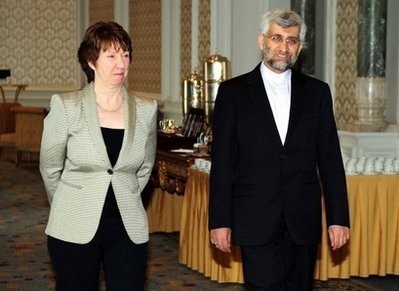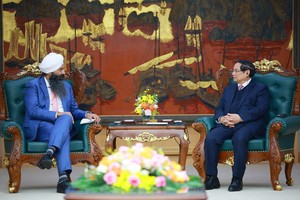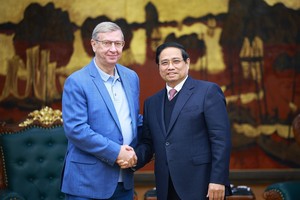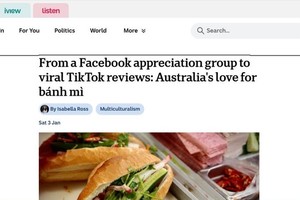ISTANBUL (AFP) – Iran began a final day of nuclear talks with world powers Saturday in Istanbul but Western sources described the negotiations as being "inconclusive" so far.
The Iranians were led by the country's chief nuclear negotiator Saeed Jalili, while EU foreign policy chief Catherine Ashton headed the P5+1 group of Britain, China, France, Russia, the United States and Germany.

The two-day meeting was scheduled to end later Saturday, with little progress seen during a first day of talks on Friday.
Earlier, representatives of the so-called Vienna Group -- comprising France, Russia and the United States -- held separate talks over a nuclear fuel swap proposal that was first discussed with Iran in 2009, a Western diplomat said, without giving other details.
It was the second round of talks between Iran and the powers after talks resumed last month in Geneva, breaking a 14-month hiatus in diplomatic efforts to dispel concerns that Tehran is secretly developing an atomic bomb.
"We will absolutely not allow the talks to go into the issue of our basic rights like the issue of suspending enrichment," Abolfazl Zohrevand, an aide to Jalili, said Friday.
He insisted however the talks were held in a "positive" climate.
But Western officials reported little progress so far, saying both sides had stuck to their positions.
"They talked a lot but the positions remain the same... It would be fair to say that the bilateral (meeting) was inconclusive," a diplomat, who requested anonymity, said after Ashton and Jalili met for an hour and a half.
The Iranians, he said, insisted on two pre-conditions to engage in talks on a nuclear fuel swap proposal, aimed at easing suspicions over Tehran's nuclear activities.
They are demanding recognition of their right to enrich uranium and the lifting of international sanctions, he said. The powers rejected any preconditions in the talks, he added.
Iran insists its nuclear programme is peaceful, but has refused to suspend uranium enrichment, the sensitive process which can be used to make nuclear fuel or, in highly extended form, the fissile core of an atomic bomb.
Its defiance has prompted four sets of UN sanctions, coupled by a series of sanctions imposed unilaterally by the United States and the EU.
The Western official said the nuclear fuel swap proposal "was not specifically put on the table but was discussed in a very nuanced way" Friday.
The powers are looking for a deal on an updated version of the proposal, first discussed in 2009, "as a starting point to build confidence and get the process done," he said.
Under the original draft, Iran would have received fuel for a medical research reactor in Tehran from France and Russia in return for shipping out most of its stockpiles of low-enriched uranium.
After a prolonged stalemate, Brazil and Turkey brokered a modified deal with Iran in May.
But the United States rejected the accord, arguing it had failed to take into account additional uranium Iran enriched in the meantime, and led the UN Security Council in imposing a fourth package of sanctions.
Meanwhile former British prime minister Tony Blair, now Middle East peace envoy, sounded a warning that the world should use force if needed to stem the Islamic republic's nuclear ambitions.
"They carry on with the terrorism, they carry on with the destabilisation, they carry on with the nuclear weapons," Blair said, adding that US President Barack Obama's approach to Iran was not working.
Obama had in a landmark 2009 speech in Cairo addressed to the Muslim world, acknowledged the "tumultuous history" between Washington and Tehran and spoken of his desire to "move forward."
But Blair said on Friday that the world had to show "requisite determination and if necessary, force" to stem Iran's nuclear drive.
























